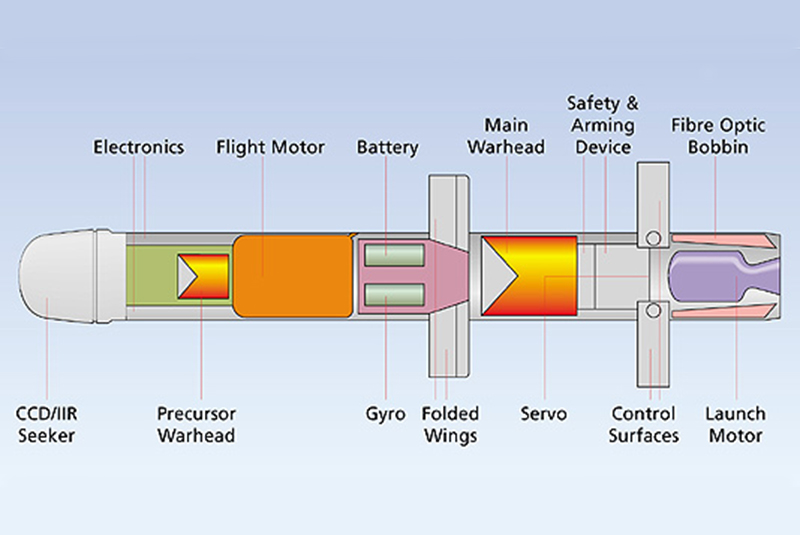The spike missile deal between India and Israel is an ongoing saga – much like a soap opera. In 2014, India’s Defence Acquisition Council, chaired by the then defence minister, Arun Jaitley, cleared the purchase of 8000 Spike missiles, over 300 launchers, and technology transfer from Israel to Bharat Dynamics Limited (BDL), one of India’s state-owned manufacturer of ammunition and missiles.
This $600 million deal to purchase the man-portable ‘fire and forget’ Spike missiles with a range of four kilometres, was hailed as a major milestone in defence cooperation, a ‘flagship deal that cemented the budding Israeli-Indian security relationship’ – a ‘win-win’ situation for the buyer (India, the world’s largest importer of arms) and the seller (Israel – for whom, India is the largest client).
In bagging this deal, Israel’s Spike missiles trumped the American Javelin missile. The U.S. lost out for being reluctant to allow Indian experts to evaluate the missiles and for its initial unwillingness to transfer technology to India. Later, the U.S. offered to co-produce and develop the missiles in India along with India’s Defence Research and Development Organisation (DRDO).
In contrast, Israel’s Spike deal offered to transfer technology and produce them as part of the ‘Make in India’ initiative. In an unprecedented move, a private player, Kalyani Strategic Systems Limited (part of the Kalyani Group), was allowed to make military-grade missiles in collaboration with Israel’s state-owned Rafael Advanced Defence Systems. The Spike missile deal thus marks the genesis of India’s private military industrial complex.
Copyright©Madras Courier, All Rights Reserved. You may share using our article tools. Please don't cut articles from madrascourier.com and redistribute by email, post to the web, mobile phone or social media.Please send in your feed back and comments to [email protected]











